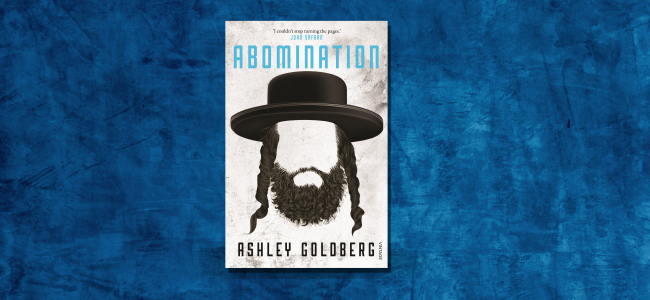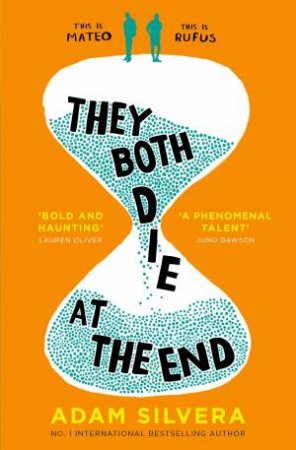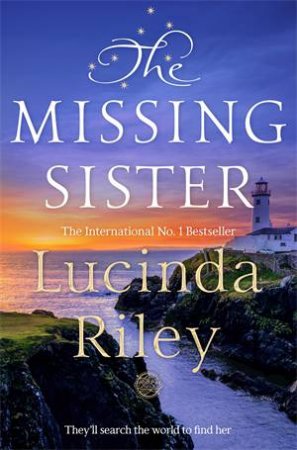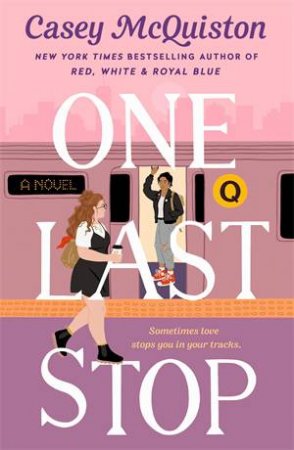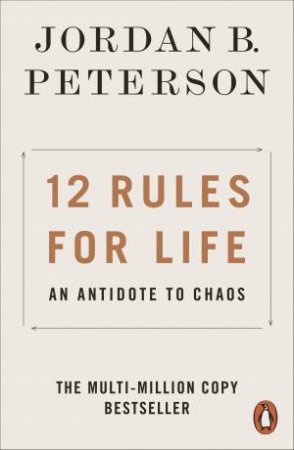Have you heard about Abomination?
This new fictional story of two best friends and their faith lays bare the clash between religious and secular worlds in contemporary Australia. With great tenderness and insight, debut author Ashley Goldberg tells the story of Yonatan and Ezra as they struggle to come to terms with the choices they have made, search for meaning, and forge their own identities. This is a beautifully observed, moving story from an exciting young writer.
Exclusively for our QBD Blog Readers, Ashley talks about Judaism, self-contained communities, and tradition:
Judaism is one of the oldest monotheistic religions in the world—its precepts and tenets are derived from texts that are thousands of years old. In school I studied some of those texts. I was taught that they provided guidance, laws to abide by in order to live a Jewish life, a holy life.
I was brought up with Modern Orthodox Judaism—a sect that recognises that there’s likely to be some discord between some thousand-odd year old traditions and the world of today, and so Modern Orthodoxy attempts to reconcile the observance of Jewish law with contemporary life. However, not every Jewish sect believes in taking an adaptive approach. Some ultra-Orthodox sects maintain strict adherence to many of their ancestors’ practices, from the way they dress, to ritual bathing and laws about contact with members of the opposite sex.
The fictional ‘Yahel’ sect in Abomination is an ultra-Orthodox community that retains several archaic traditions and conventions—many of which could be viewed as being discriminatory towards women, gentiles and members of the LGBTIQ+ community.
Of particular relevance in Abomination is the doctrine of mesirah, where a Jew may not report another Jew for an action to secular authorities rather than a rabbinical court. Someone who commits mesirah is referred to as a moser and is often ostracised and vilified by their community.
The need for mesirah in the past, even the recent past, is easy enough to discern—to ensure fair treatment where the secular authorities can’t be expected to provide it. But in recent years, there have been very public examples of individuals who were ostracised for seeking secular assistance after their communities failed to hold their abusers to account.
Abomination contains a similar, fictional, ostracisation of such individuals, and while I wanted to highlight such occurrences, I think I was also asking a larger question of myself and of the faith I was raised with—what exactly does it take to live a Jewish life today?
For more information on “Abomination” by Ashley Goldberg, you can visit our web page here:

